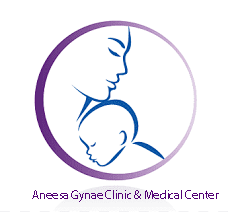The main role of folic acid and folate is to support the formation of healthy red blood cells, which carry oxygen throughout the body. Insufficient red blood cells can lead to anemia, causing symptoms like paleness, fatigue, and weakness. Folate-deficiency anemia, more common in women of childbearing age, can result from a lack of folic acid.
Getting enough folic acid is vital for everyone
Getting enough folic acid is vital for all, but particularly crucial for women, especially before and during pregnancy. It helps prevent neural tube defects in unborn babies. You can obtain folic acid from natural sources like spinach, nuts, and beans or from fortified foods and vitamin supplements.
400 micrograms of folic acid is recommended daily
For women, a daily intake of 400 micrograms of folic acid is recommended. Pregnant women may need 400 to 800 micrograms.
Insufficient folic acid can lead to health issues
Insufficient folic acid can lead to health issues, including folate-deficiency anemia and complications during pregnancy. Neural tube defects, like spina bifida and anencephaly, pose serious risks to the baby’s health. Taking 400 to 800 micrograms of folic acid daily, even if not planning pregnancy, is crucial due to the unpredictable nature of contraception effectiveness and the early occurrence of birth defects.
Natural sources of folate
Natural sources of folate include spinach, oranges, nuts, beans, poultry, meat, and whole grains. Additionally, folic acid is added to refined or processed foods such as cereals, bread, pasta, flours, cornmeal, and white rice.
Folate-deficiency anemia, common during pregnancy
Folate-deficiency anemia, common during pregnancy, can cause symptoms like fatigue, headaches, pale skin, and mouth and tongue soreness. Treatment usually involves folic acid supplements and a diet rich in folate-containing foods.
Dr. Fozia Ansari
Aneesa Gynae Clinic



